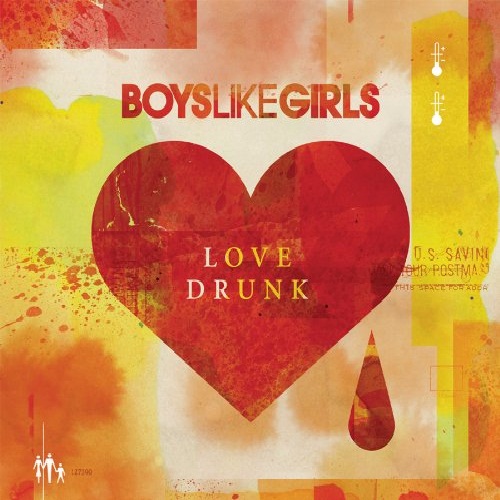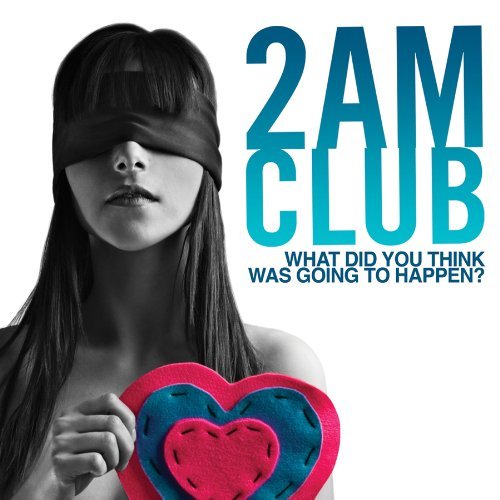



|
|
|




|
| The reality is that in 2015, everyone is using the same recording equipment. Choosing where to record is not about choosing a studio, it's about choosing who to record with. The people who produce and engineer will be the determining factor in your results. This is why understanding an individual's approach to producing and engineering records is extremely important. My approach begins with a few questions. First, what is your goal? Why are you making this recording? Second, what is your budget? People often answer the question with $X/hour, but that's a rate not a budget. A recording can be done it 1 hour or 100 hours which means the actual cost can be drastically different from studio to studio regardless of the rate. What matters is the total cost to complete the project. Third, how experienced are you? Making great music comes from the musician's innate abilities which doesn't require experience to be musical. Recording does not always follow the natural process of making music. A discussion of whether you need or want production guidance is best at the beginning, because there are many ways to improve a recording before the actual session begins. From here we come up with a plan (or options). It will depend on your needs. There are many clients who come through who only need half a day to record drums and they've made dozens of records, so it's a brief email discussion. Others need more in depth discussion, by phone or in person. When the session begins, you'll have a plan that will get the work done within your budget if you stick to the plan.
|
In a way, making a recording is like climbing a mountain, and the person you hire to help you make the record is like a sherpa. It's the job to get you up and back in one piece. Who's in charge going up the mountain, the person paying or the sherpa they're paying to guide them safely and protect them from disaster? The same dynamic exists with a producer. The cliche is that the producer leaves their stamp on every record the touch. The reason it seems that way is because people often hire them to do the same thing over and over. Good producers are invisible. Both producing and engineering are a service. Ideally the service starts with listening to the artist's goal. Artists sometimes details that they consider very important to include, and others that are very important to avoid. Careful listening is how you find these things out, and in some cases, discover contradictions. You want someone who has the ability to recognize these contradictions and point them out so that you can focus you musical vision more precisely. Sometimes an artist needs a solution. Sometimes they prefer to find their own solution. This is why is so important to understand why we make music in the first place. What's music's role in humanity? It sounds like a lofty topic, but it's pretty simple. Once you're clear on what it is, making great recordings is very easy as long as your willing to put in the time and work to really make it right. No "pefect" but "right". They're not the same thing. |
|
Most of the time we communicate with words - or we think we do. There's a flaw with words in that there are a finite number, they can have multiple meanings and multiple meanings to different people - that's assuming the understand them. It's also not uncommon to be unable to find the right word for what you're trying to say. Thus "Do you know what I mean?" Music has an innate power to communicate feelings, like the ones there aren't quite words for. Picture a serene, peaceful, blue ocean - ah, so relaxing. Then add a two notes a half step a part - the music from Jaws. Instantly that peace is gone and it's replaced with fear and adrenaline. Literally your brain/body chemistry has been changed with two notes. And, it's universal. No matter what language you speak you'll feel the same way. That's the power we're playing with when we make music and make recordings. It's not just about fear. There's music to make you feel pride, or energized and you want to let loose. Or there's music for a romantic situation. Music for a party. Music to set the mood in a store that's telling you the style and who their products are for. Maybe it's kids. Maybe it's adults, or senior citizens. What's happening is we're using music to communicate on the level of feelings rather than the level of language, and that allows us to reach people more directly and universally. That's why we make music.
Making hit records is easy. Figure out why people listen to music that's popular and then make music for them. The reason is very simple - people listen to music to feel good. The first thing you need to do is think about the listener ahead of yourself. That doesn't mean ignore yourself, but don't be so self-centered. Don't make a song that too personal and specific for anyone else to understand. And, most importantly, don't bore them. You can't have any content in the song that's not serving the song - the feeling - that you're conveying. You're messing with their brain chemistry, don't start and stop stirring the pot. Get a flow going and keep it going. What this means is listening to your own music in a very specific way. Not listing with the ideas you had when you wrote it, but listen to the effect it's having on your feelings and your body. Separating the thinking and feeling can be difficult, especially when you mix technology in to the picture. This is why you need a producer. You don't necessarily need someone to tell you what to do, you need someone to tell you what you've done - what feeling (or lack of) you've made in someone else with what you've written and performed. You may need someone to give you some ideas on what to do differently if the feeling you've created is not matching your intent. All you have to do is keep listening and asking yourself "is it right?" and answering honestly. When you can honestly say that it's right for every single second of the song, you will have a hit. That's different from making it perfect and that's different from doing the best you can do. Being honest with yourself, especially when the song may be based on a good idea, is very difficult. In some cases what's "right" means excluding something that you may consider the most or one of the most important parts of the song. More often it's about remembering that not being bothered by a section is not the same as that section making you feel good. There's a book called 101 Things I Learned In Film School. In it, there's a definition of the difference between plot and story. Learn that and listen for people who discuss one or the other. In the 2013 Oscar memorial segment there was a writer director who said "All that matters is the story. Not the script, but the story." Focus on the story of your music with the goal of making other people feel good and distill it down to every second adding to the listener feeling good and you will have a hit. Most people underestimate how long that takes. |
|
|